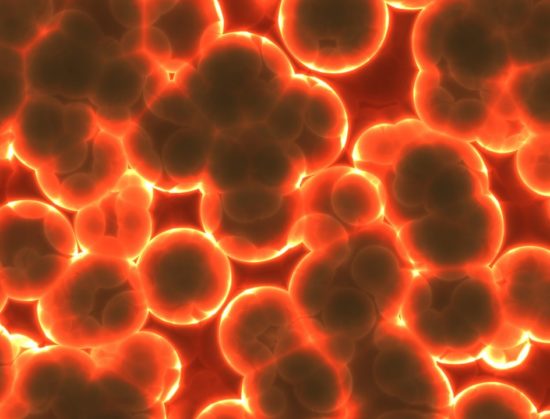Targeting NAD+ regeneration enhances antibiotic susceptibility of Streptococcus pneumoniae during invasive disease
Anaerobic bacteria are responsible for half of all pulmonary infections. One such pathogen is Streptococcus pneumoniae (Spn), a leading cause of community-acquired pneumonia, bacteremia/sepsis, and meningitis. Using a panel of isogenic mutants deficient in lactate, acetyl-CoA, and ethanol fermentation, as well as pharmacological inhibition, we observed that NAD(H) redox balance during fermentation was vital for Spn energy generation, capsule production, and in vivo fitness.
AMR NEWS
Your Biweekly Source for Global AMR Insights!
Stay informed with the essential newsletter that brings together all the latest One Health news on antimicrobial resistance. Delivered straight to your inbox every two weeks, AMR NEWS provides a curated selection of international insights, key publications, and the latest updates in the fight against AMR.
Don’t miss out on staying ahead in the global AMR movement—subscribe now!







